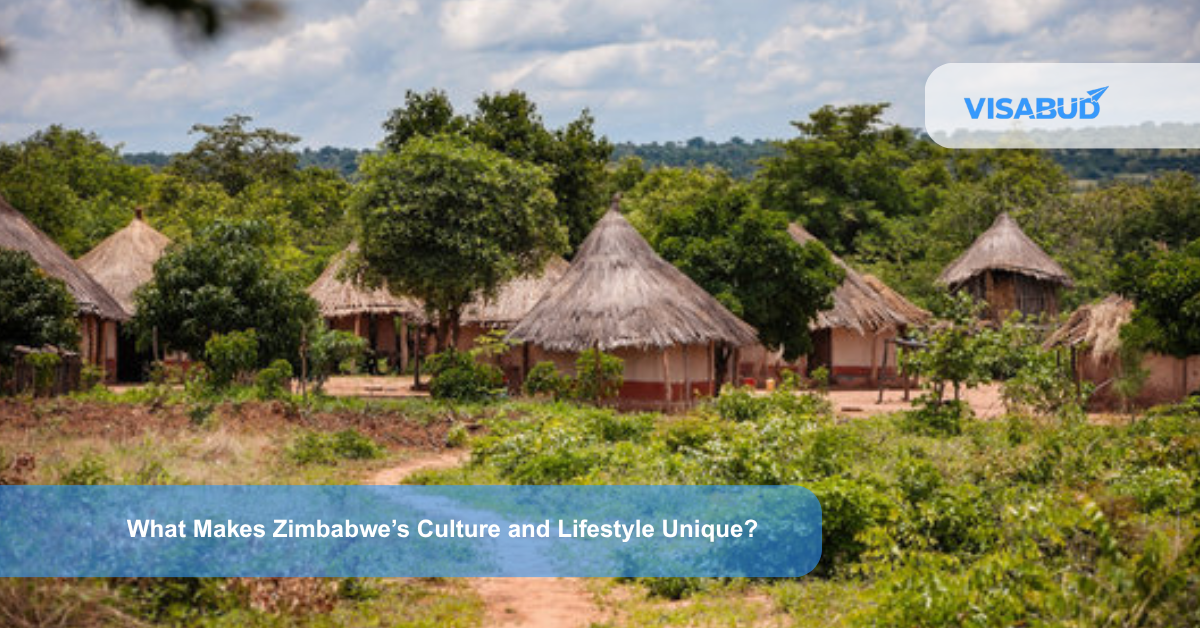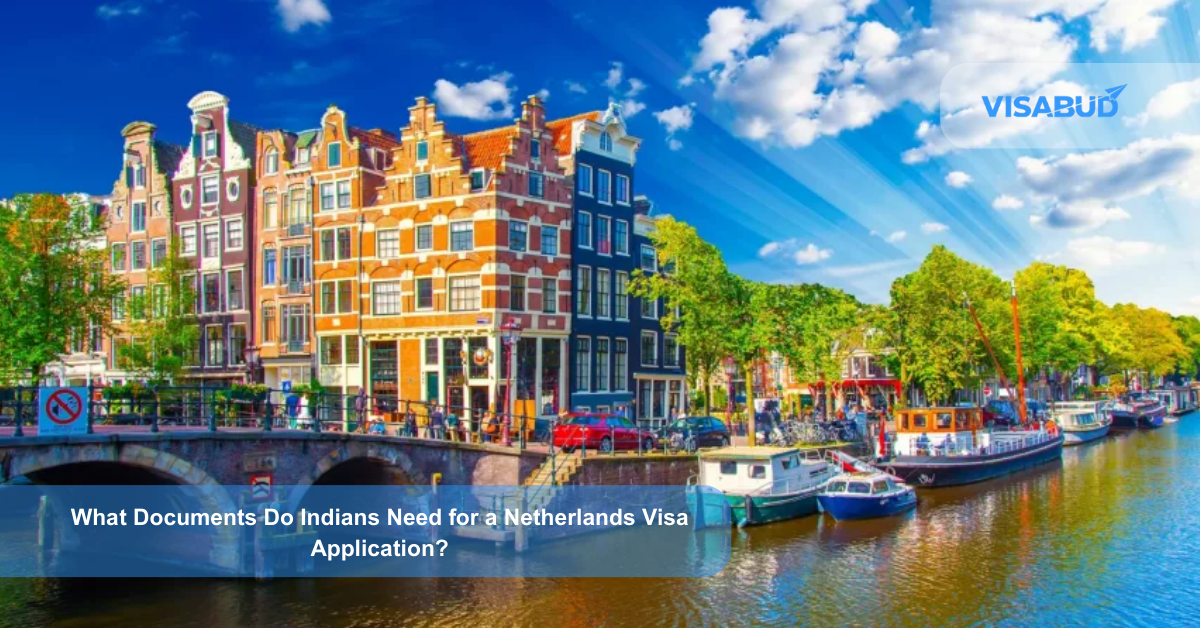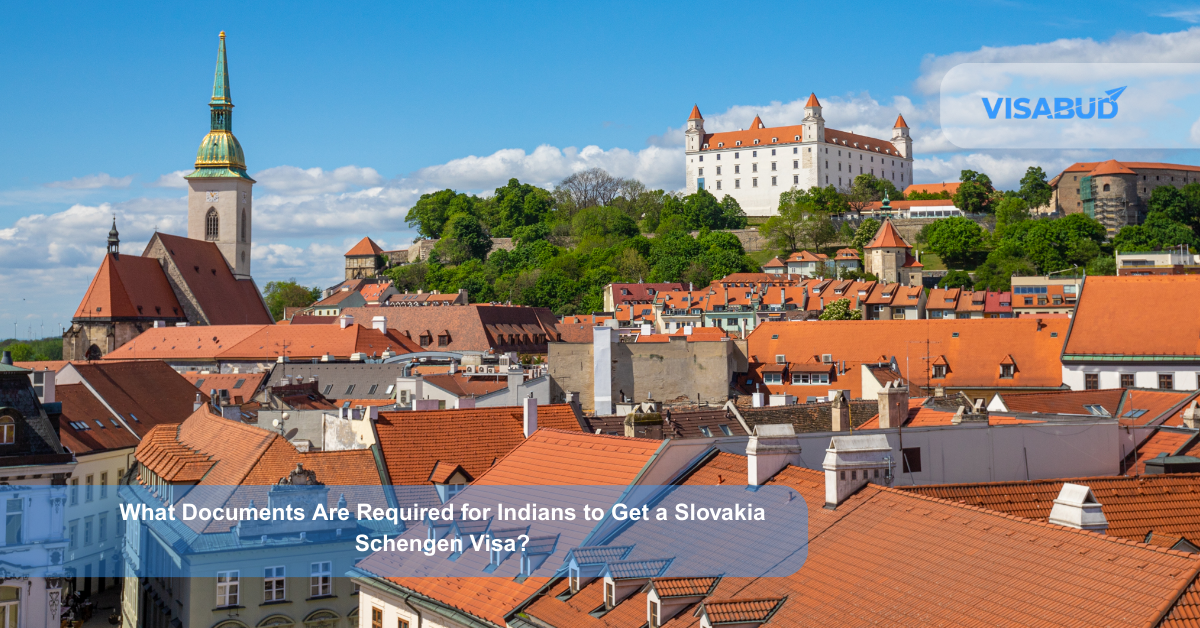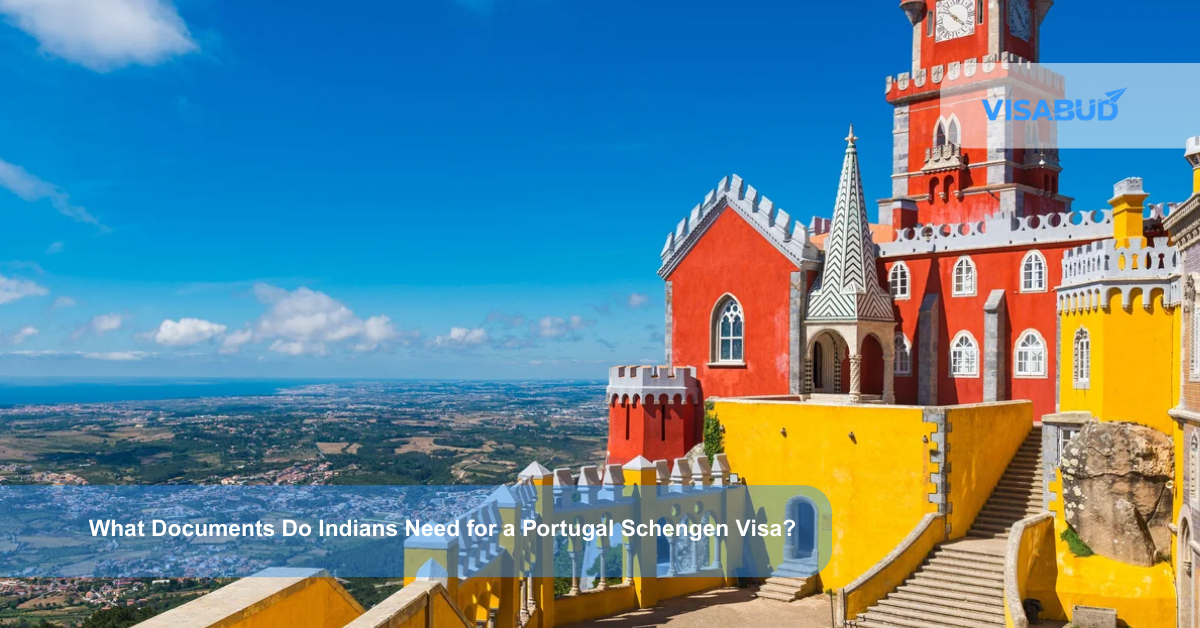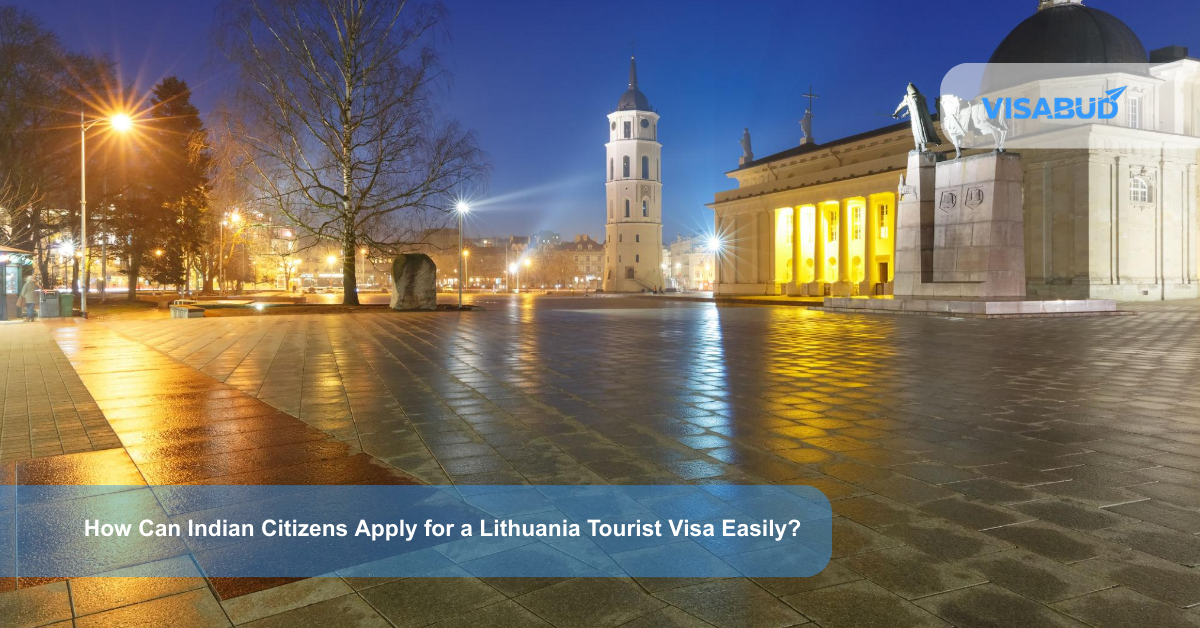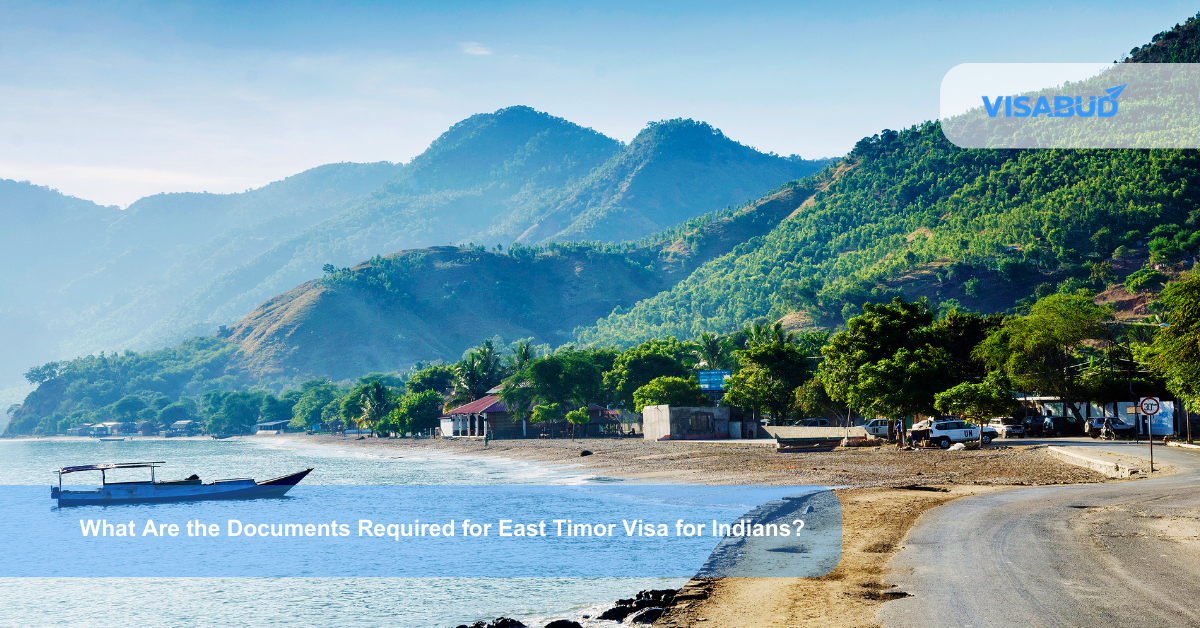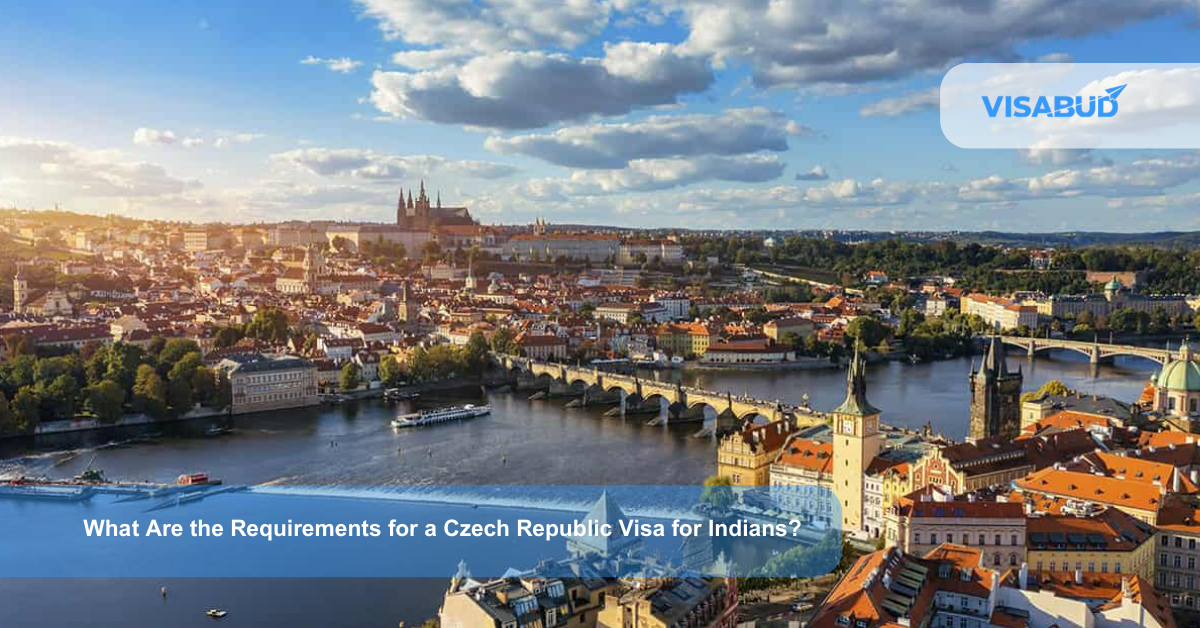Zimbabwe, a beautiful country in Southern Africa, is known for its rich traditions, vibrant lifestyle, and stunning landscapes. From the bustling cities to the serene villages, Zimbabwe offers a unique blend of history, art, and daily life that leaves travelers fascinated. This article explores what makes Zimbabwe’s culture and lifestyle special in a simple way, so even someone new to the country can easily understand it.
Understanding Zimbabwe’s Lifestyle
Zimbabwe’s lifestyle is a combination of traditional practices and modern influences. People in Zimbabwe live in both cities and rural areas, and each environment has its own way of life.
Key Highlight: Despite modernization, Zimbabweans strongly value family, community, and cultural heritage.
Zimbabwe’s Traditional Culture
Zimbabwe has over 16 ethnic groups, each with unique traditions, languages, and customs. Some of the most prominent groups are the Shona and Ndebele.
Festivals and Celebrations
Zimbabweans celebrate many traditional and modern festivals throughout the year. These festivals show their deep connection to culture, religion, and the land.
Food and Cuisine
Zimbabwean cuisine reflects the lifestyle and resources of the land. Meals are often simple, nutritious, and communal.
Key Note: Sharing food with family and neighbors is a vital part of social life.
Daily Life and Social Norms
FAQ – Zimbabwe’s Culture and Lifestyle
1. What languages are spoken in Zimbabwe?
Shona and Ndebele are the main languages, but there are 16 official languages. English is widely used.
2. What is the staple food in Zimbabwe?
The main staple is sadza, a thick maize porridge, often served with vegetables or meat.
3. Are traditional dances still popular?
Yes, dance is a big part of celebrations, ceremonies, and storytelling in both rural and urban areas.
4. What are some famous Zimbabwean arts and crafts?
Stone sculptures, pottery, weaving, and beadwork are well-known. Soapstone carvings of wildlife are particularly famous.
5. How do Zimbabweans celebrate festivals?
Festivals include music, dance, feasts, and community gatherings, blending traditional and modern practices.
6. What is daily life like in rural Zimbabwe?
Life revolves around farming, community activities, family gatherings, and traditional practices.
7. How do Zimbabweans view family and elders?
Families are close, and elders are highly respected for guidance and wisdom.
8. What is Zimbabwean street food like?
Popular snacks include roasted corn, vetkoek (fried dough), fresh fruit, and local pastries.
9. Are modern lifestyles common in cities?
Yes, cities like Harare and Bulawayo have modern amenities, schools, offices, and entertainment options.
10. Why is Zimbabwean culture considered unique?
It blends traditional customs, music, art, language, and community life with modern influences, creating a vibrant, welcoming lifestyle.
What Makes Zimbabwe Special
Final Thoughts
Zimbabwe’s culture and lifestyle are a beautiful mix of tradition, community, and modern influence. From rural villages to bustling cities, people live with strong family values, respect for elders, and a love for music, dance, and art. Festivals, food, and daily life reflect the country’s unique heritage, while modern influences add convenience and new opportunities.
Traveling through Zimbabwe offers not just scenic beauty but also a deep understanding of how culture and lifestyle can coexist harmoniously with change. The warmth of its people, the creativity of its arts, and the rhythm of its music make Zimbabwe a country that is truly unforgettable.
